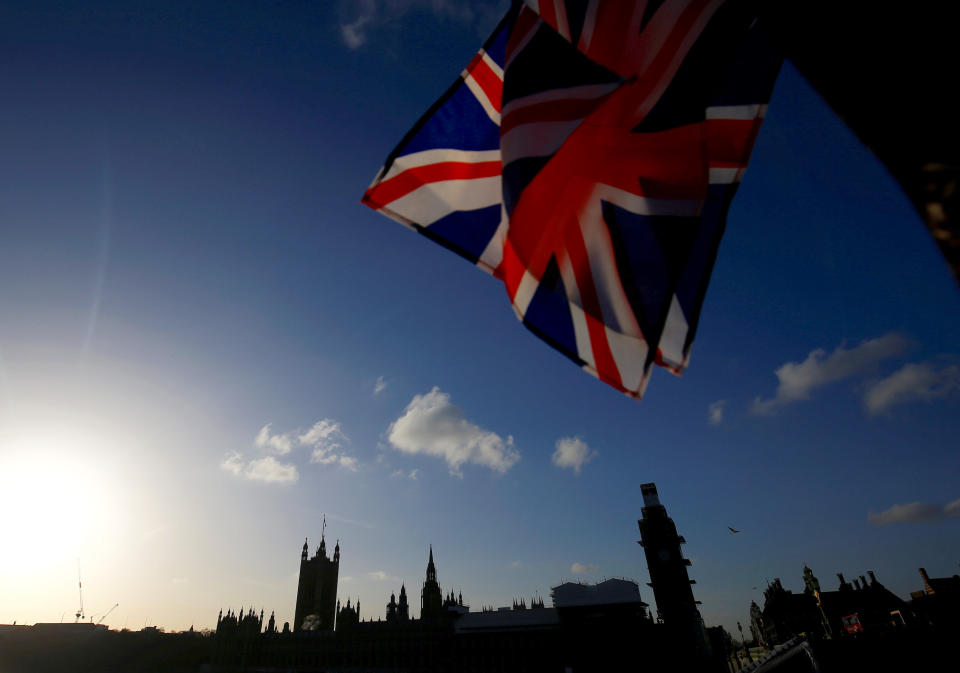The best time to buy a house in 2019

The coming year will be pivotal for Britain. It will define the country for a generation or more. And all because of one issue—Brexit.
What does that mean for people looking to buy a new home in 2019?
On current plan, which, except for the date to leave, is more or less a blank page, Britain will exit the European Union on 29 March.
But exactly how Britain will exit and on what terms is still to be decided, even as the Brexit deadline looms ever larger on the horizon.
The uncertainty is a drag on the housing market, evident in the November report by the Royal Institution of Chartered Surveyors (RICS).
Surveyors told RICS there were sharp declines in the number of people looking to buy and sell during the month. There were also fewer sales, and surveyors believe it will only get worse because of Brexit.
“I can’t recall a previous survey when a single issue has been highlighted by quite so many contributors,” said Simon Rubinsohn, RICS chief economist.
A big risk of buying before Brexit is that if leaving goes really badly, such as with no deal, the economy will suffer more or less immediately. RICS also released another report this week that warned that Brexit will continue to impact house prices across 2019.
Meanwhile, the Bank of England’s modelling of a no deal predicts a 30% crash in house prices in the worst case scenario. Even the best case will see house prices drop, though not as sharply.
So, if you bought just before Brexit, you risk seeing a sudden fall in the value of your property, potentially leaving you in negative equity.
Moreover, Brexit could impact your mortgage severely.
If you are on a variable rate, and the Bank is forced to hike interest rates because the pound has collapsed, your monthly repayments would increase. And if you lose your job because of Brexit, you may struggle to make your monthly mortgage repayments.
That could mean the bank seizes your new home and sells it to recover the debt, even if it takes a loss because house prices have fallen, leaving you even further out of pocket.
Of course, this outcome is based on the assumption that Brexit is messy and painful, which would make buying before we leave a bad idea.
But if the political deadlock is broken between now and the date for Brexit, and a decent deal agreed, buying beforehand could be a very good call indeed. Purchasing while demand is sluggish may mean you get a much better price because it’s a buyer’s market.
Then when confidence returns after Brexit the value of your home could be buoyed by a renewal in activity.
“Maximum uncertainty looks likely to be Q1 next year so I expect this to be the best time to bag yourself a bargain,” buying agent Henry Pryor told Yahoo Finance UK.
“The three D’s—Death, Debt and Divorce—will continue to feed the supply side, but who has to buy?
“Anyone who does will demand something in return for the risk they will perceive they are taking—most likely to be a discount to the price.”
This is a gamble. You could win and make a bit of money. Or you could lose badly.
It may therefore be tempting to ride out the uncertainty and wait for Brexit to pass before making your move in the property market—but that could take a long, long time.
“Uncertainty in the housing market tends to lead to buyers and sellers sitting on their hands and doing nothing,” Pryor said.
“Prices are driven by the cost and supply of credit which in the event of chaotic Brexit is likely to rise. Whatever happens on 29 March won’t be the end of it.
“We then have two or more years of the transition or implementation phase where we renegotiate our trading arrangements.
“At the end of that time we will get another general election, no doubt cast as a vote on the latest deal with Europe.
“Can you imagine life becoming clearer or like me do you expect uncertainty might continue out to 2023?”
Pryor said he expects buyers to have the upper hand until next Christmas and that house prices will fall by an average of 4% in 2019, though this will be worse in some areas.
If you are risk averse and there is no urgency to buy, waiting for the cloud of uncertainty to lift may be worth it.
Buying in a settled market will give you greater confidence about what the right price for a property is, but you will lose your current advantage in negotiations.
It all depends on your own confidence and security. If you can cope with the downsides of the risk, then you can take full advantage of the uncertainty to bag a great price.
But if the risks would be too much to bear should they become reality, then playing it safe and holding fire until things have settled down might be the wisest choice for you.

 Yahoo Finance
Yahoo Finance 